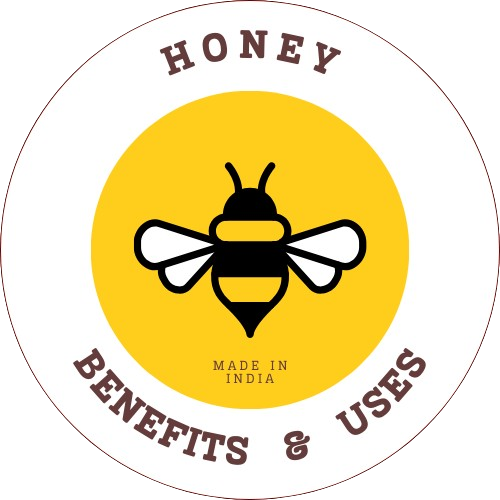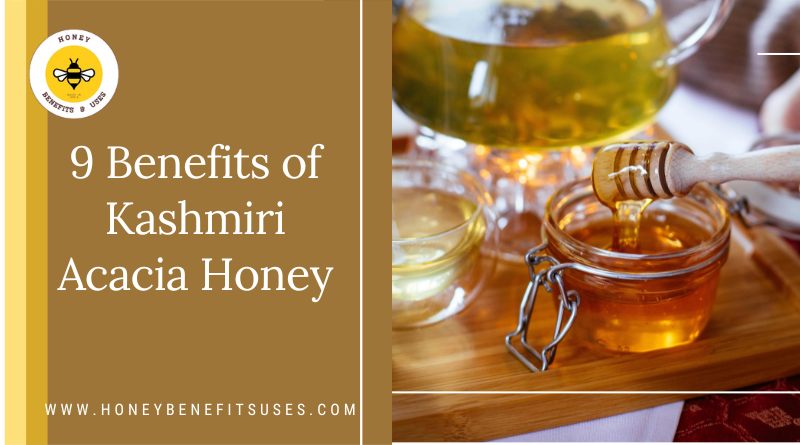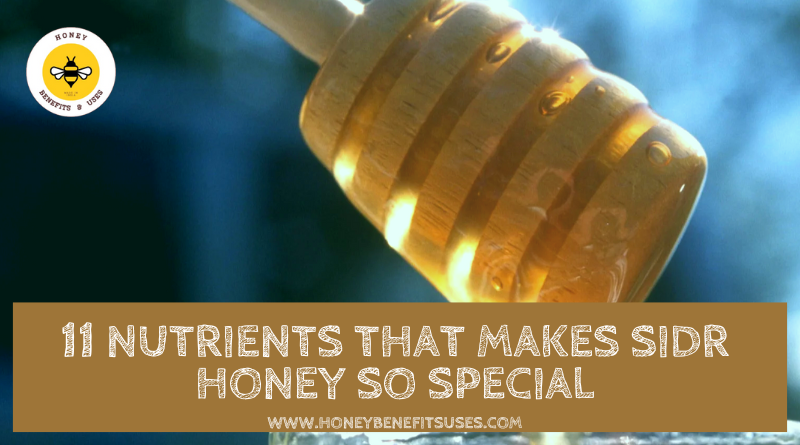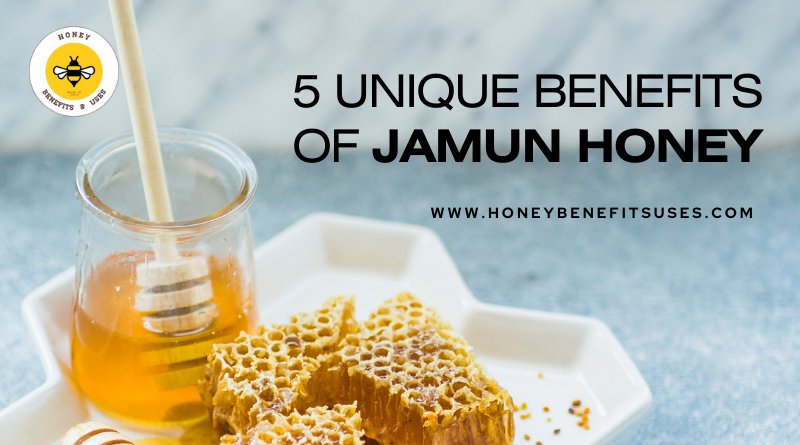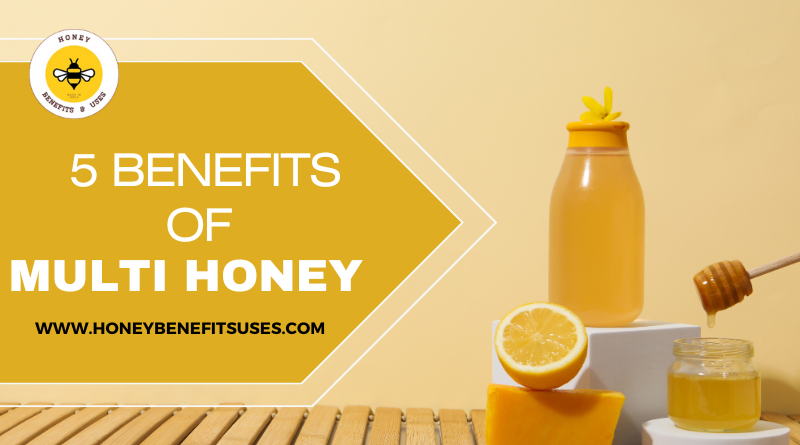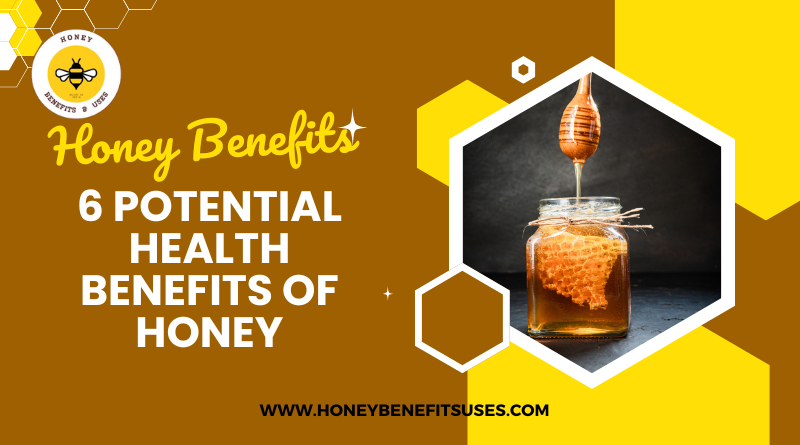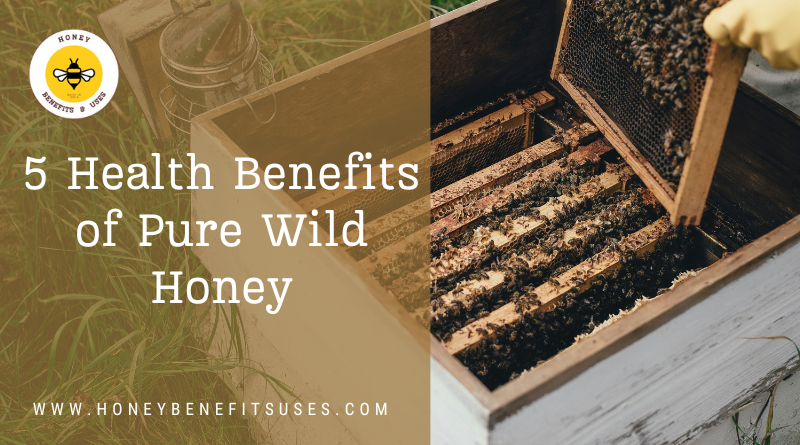
Pure wild honey comes from wild bees living in beehives they make themselves. These bees have minimal contact with people. You commonly find their hives in trees and even on cliffs. The nectar collected by these bees comes from wildflowers and even the flowers from trees and shrubs in their vicinity. This means that the honey produced is vastly different from that made by bees encouraged by man to feed off the nectar of only certain plant species.
What Makes Pure Wild Honey Different From Regular Honey?
Regular honey usually goes through a pasteurization process that removes a vast amount of bee propolis, pollen, and other natural compounds. This process also makes honey look more appealing to buyers who also tend to think this process makes honey safer to consumer while extending its shelf life.
Properly stored, however, unpasteurized pure wild honey never gets old. It may, however, crystalize and darken with age. As a matter of interest, the honey found stashed upon exhuming King Tutankhamun’s tomb in Egypt was still edible after three thousand years! So, if storing honey, store it properly. Do not make use of metal or plastic containers as they will cause oxidation. In other words, the honey will go bad. Rather store honey in glass jars or, as the ancients did, in ceramic containers.
Also, pure wild honey contains bee propolis which bees use to build their hives. So, besides the benefits you get from the honey, you get the added benefits of this propolis as well. Bee propolis has strong antiviral, antifungal, and antimicrobial properties. It also has the highest concentration of different pollen types. This means you get the benefits of each of the plants used by the bees when making their honey.
To test whether your wild honey is pure and has not been altered in any way, do a simple test. Simply add a tablespoon of honey to a glass of cool water. If the honey sinks, it has not undergone any processing. If it immediately starts to dissolve, it shows the honey may have undergone some sort of processing.
The Beneficial Properties Of Pure Wild Honey
Due to the presence of the various compounds found in pure wild honey, this type of honey could be seen as honey on steroids! In other words, not only does it have the many benefits of other types of honey, but it has those benefits in overdrive due to the variety and complexity of the different pollen sources used to make it. These beneficial properties include:
- A very high antioxidant concentration that addresses inflammation and disorders arising from oxidative stress.
- Higher levels of vitamins and minerals, i.e., micronutrients, that many other types of honey.
- Strong antifungal, antimicrobial, anticancer, and antiviral properties.
The Health Benefits Of Pure Wild Honey
People have used pure wild honey for medicinal purposes for centuries. The most common uses include soothing sore throats, to promote wound healing, and to address issues having to do with digestion. Modern research proves those using honey as a natural remedy right! Plus, they have found more health benefits as well.
- A topical application of pure wild honey may promote wound healing. Burns, in particular, may find relief when applying honey as it not only promotes healing but will also help fight off any potential infections.
- The strong antioxidant properties of this type of honey may help reduce your risk of various cardiovascular conditions.
- Because of its strong antimicrobial properties, wild honey makes a good natural antibiotic.
- Research indicates wild honey may help address gastrointestinal tract issues. These include, amongst others, diarrhea. It may also help promote healthy gut bacteria levels.
- Wild honey may help promote mental health. This is because of its anti-anxiety and antidepressant qualities. It may also help curb memory loss.
A Word Of Caution When Taking Natural Wild Honey
Wild honey does not interact with any medications. People with diabetes, however, should take honey in moderation. Remember, honey still has a high natural sugar content.
People with pollen allergies or a bee allergy should also rather seek out a different sweet solution. The various components in wild honey could trigger an allergic reaction. Children under one year of age should not be given honey. Certain bacteria found in honey could produce toxins in their developing gut microbiome and result in infantile botulism.
